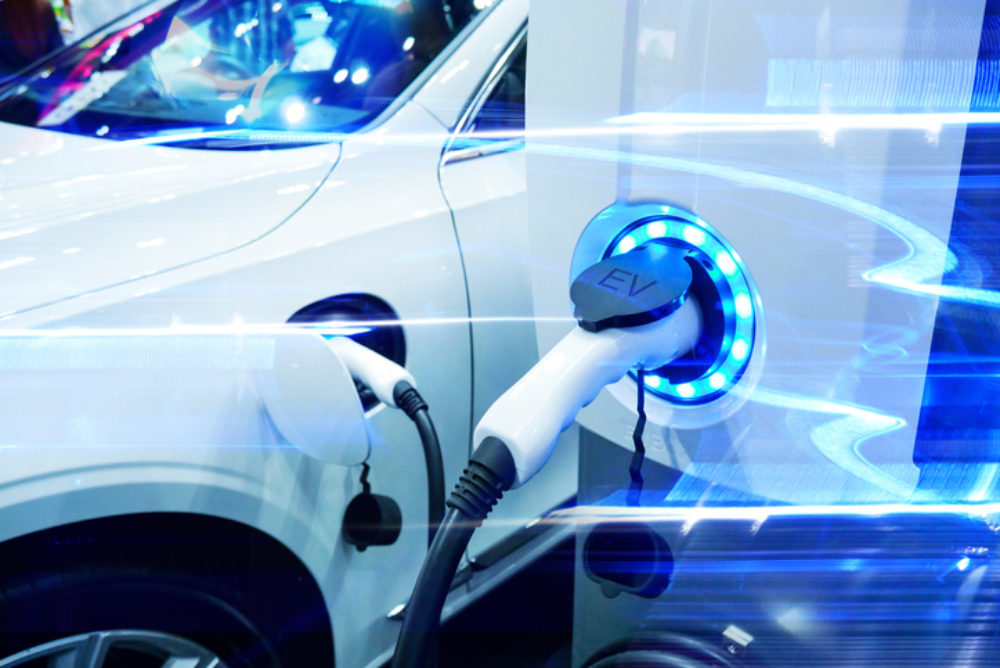This post was contributed by Dr Anna Mortimore, a lecturer in the Department of Accounting, Finance and Economics and a member of the Law Futures Centre.
The fast-track report “Business Fleets and EVs: Taxation Changes to support home charging from the grid” released by the Reliable Affordable Clean Energy Centre (RACE for 2030) on 28 June 2022, investigates how taxation changes can support home charging by accelerating business fleets’ uptake of battery electric vehicles (BEVs). The report is the outcome of a project by lead researcher Dr Anna Mortimore of Griffith University and Dr Diane Kraal of Monash University.
Business fleets can be seen as the “effective pathway for early adoption of Battery Electric Vehicles (BEVs) but their site re-charging facility are low.” A 2020 business fleet survey indicated that home charging would need to be considered because 47% of business fleets are home garaged. Thus, providing an opportunity for business fleet BEVs to be home charged, by installing smart meters and optimizing CO2 emission reductions. Home charging is recognized as the key source of charging, where work fleet BEVs will not charge at a workplace charging station when work fleet BEVs can be charged at employees’ places of residence.
However, business will not invest in workplace charging infrastructure or installing home charging smart meters when business fleet managers are not choosing BEVs. That is, business buyers may account for 40% of light vehicle sales, but EV sales to business fleets was a low 0.08% (or 488 EVs) of new light vehicle sales in 2020. While in overseas European jurisdictions, business fleets are the major buyers of BEVs, with over 57% of EVs being acquired by business.
Project interviews with fleet managers indicated that purchase choice for fleet vehicles, depends on the vehicles Total Cost of Ownership (TCO) for both BEVs and Internal Combustion Engine Vehicles (ICEVs). The TCO enables a cost comparison between a BEV and a similar ICEV, for the overall costs, including taxation concessions and resale value. Currently there is a wide cost gap between the BEV and an equivalent ICEV, meaning BEVs are not cost competitive.
Project Report: case studies and Modelling
To appreciate the challenge for business fleet managers, the project applied case studies and modelling to two similar vehicles: the KONA BEV and home charger, costing $66,337 (exclusive of GST) and its equivalent KONA ICEV costing $31,329, resulting in a price premium of $35,708 for the BEV. The project found the current taxation laws are fiscal disincentives to business fleet uptake of BEVs. The project recommends 17 tax changes, (both short-term and long term) to reduce the price parity between BEVs and similar ICEVs, that could encourage the uptake of work fleet BEVs and influence home charging.
Access to the Report launched by RACE for 2030:




Recent Comments